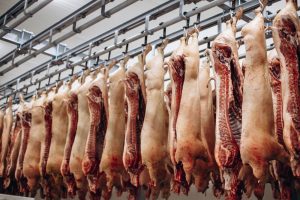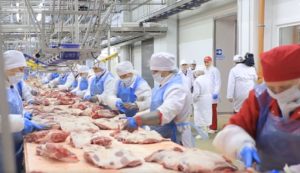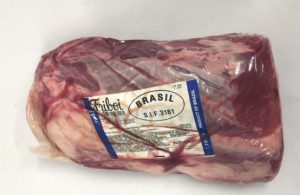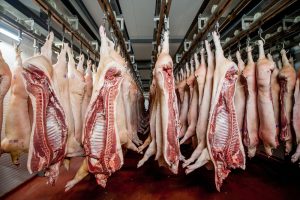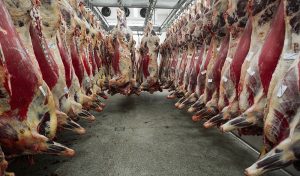French protests concern lamb exports but trade holds firm
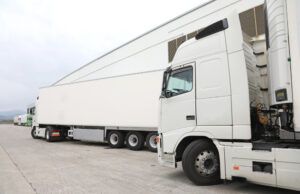
UK lamb prices are holding up, despite major protests by farmers in France who have been blocking roads, which has disrupted British lamb exports heading to the Continent.
The GB deadweight lamb SQQ increased by 23.6p/kg on the week to 631.8p/kg, with lower throughputs at abattoirs.
Prices at auction markets were also up, with the liveweight SQQ at 296.2p/kg for the week to 27 January.
Auctioneers say while finished prices have been strong in the past week, supply could catch up with demand if retail markets remain quiet and export markets stay disrupted.
Rizvan Khalid, managing director at Shropshire-based exporter Euro Quality Lambs, told Farmers Weekly the French protests had already had an effect on logistics, with at least one lorry missing its delivery.
As a result of the protests, there are currently fewer buyers at Rungis International Market in Paris, which is affecting sales, according to Mr Khalid.


